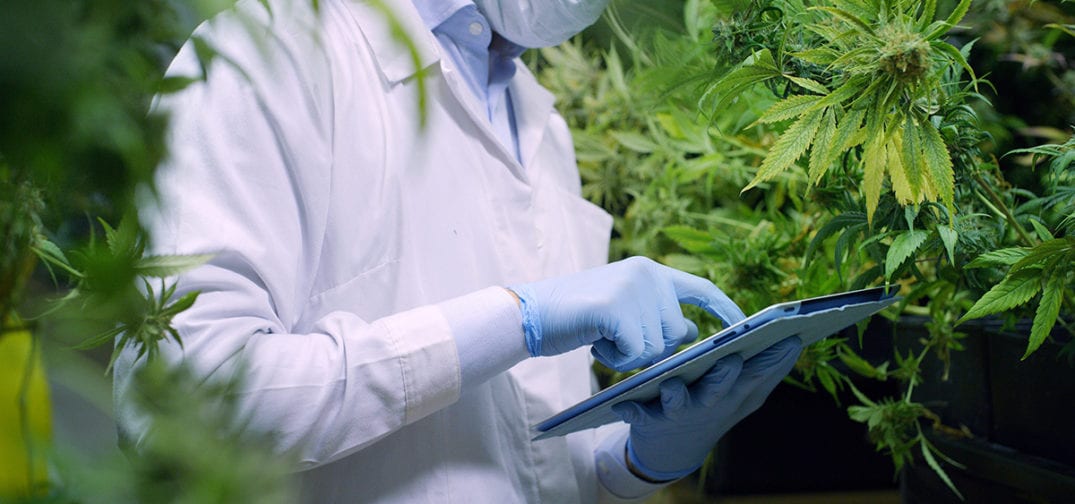Researchers from McMaster University in Canada say that cannabigerol (CBG), a cannabinoid found in hemp and cannabis plants, has antibacterial properties and has been shown to defeat a family of bacteria known as methicillin-resistant Staphylococcus aureus (MRSA).
The findings, published in the journal American Chemical Society Infectious Diseases, suggest that CBG could become a breakthrough treatment for MRSA, an infamously drug-resistant infection.
“In this study, we investigated 18 commercially available cannabinoids and they all showed antibiotic activity, some much more than others. The one we focused on was a non-psychoactive cannabinoid called CBG, as it had the most promising activity. We synthesized that cannabinoid in mass quantity which gave us sufficient compound to go deep into the research.” — Eric Brown, lead study author and professor of biochemistry and biomedical sciences at McMaster
In the study, researchers managed to cure MRSA infections among mice using CBG, which “proved to be marvelous at tackling pathogenic bacteria,” said Brown. “The findings suggest real therapeutic potential for cannabinoids as antibiotics.”
The research team noted that the toxicity of CBG on host cells pose a hiccup in their findings, but that its antibiotic properties are more than enough to warrant further research.
“It opens a therapeutic window, but a narrow one, to develop this into a drug,” said Brown. “The next steps are to try to make the compound better in that it is more specific to the bacteria and has a lower chance of toxicity.”
McMaster University researchers have been investigating the antibiotic properties of cannabinoids for the two years since Canada legalized cannabis nationwide.
Get daily cannabis business news updates. Subscribe
End
